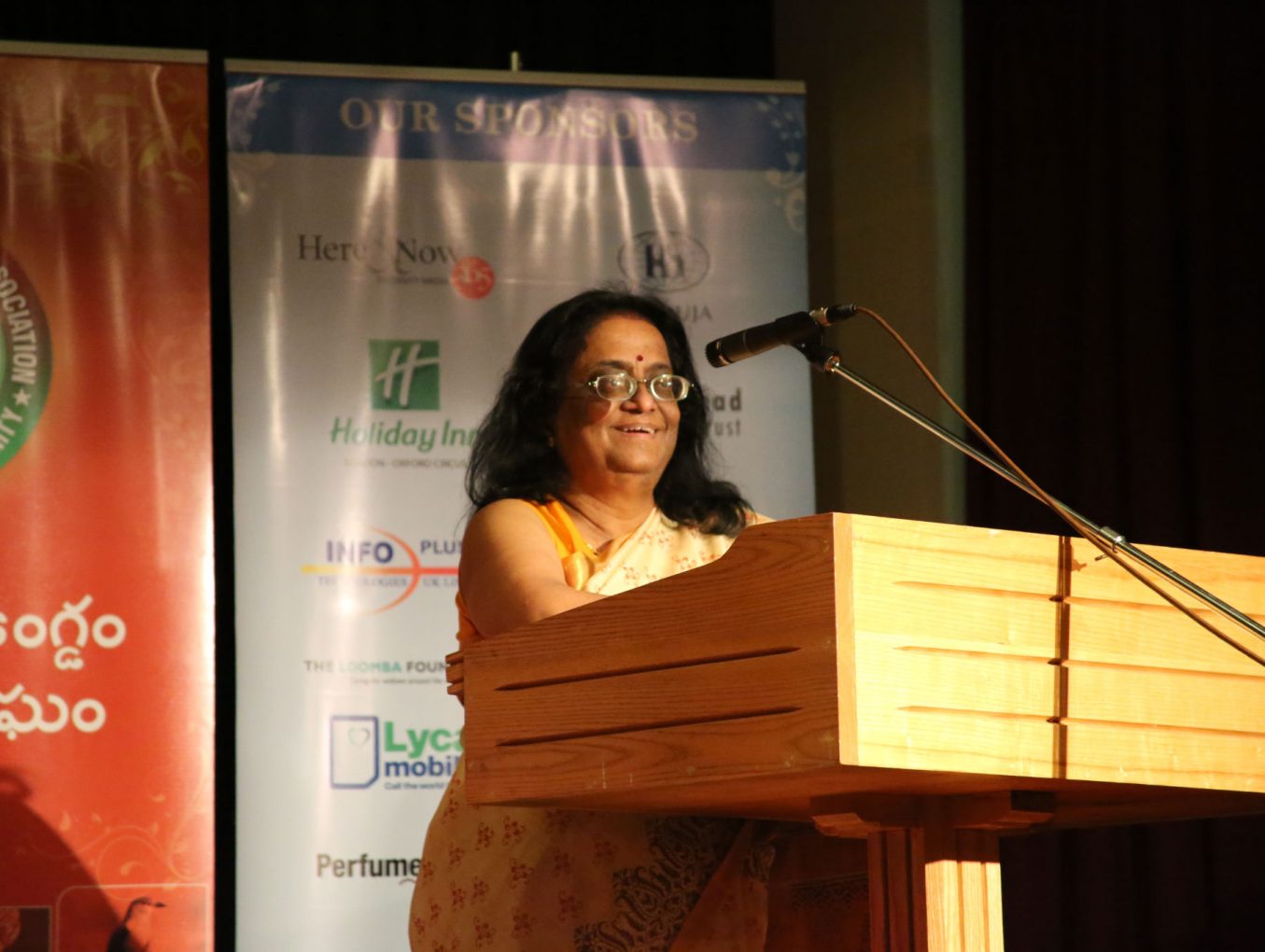Men and Women: What They Say and What They Mean
UKTA Women’s Day Panel Discussion
This UKTA organised panel discussion, hosted by the Nehru Centre in Mayfair, was meant to shed light on the evolution of male-female relationships in the workplace and beyond, especially on the backdrop of Indian culture.
Chairing the talk was Geetha Chari-Kaza, retired senior executive of State Bank of India. The other guest speakers – Farhad Zama, banker and award winning writer, Dr Francesca Orsini, leading academic, Murtyunjay Mahapatra, head of State Bank of India in the UK and Nunna Kameswari, researcher at Imperial College London – all took turns behind the lectern to voice their thoughts on female-male dynamics. Although the programme focused mainly on professional environments, broader issues have also been touched upon.
The event by the UKTA kicked off with an orison of ‘peace, peace, peace’, then after a brief reference to the book Women are from Venus, men are from Mars, Mr Mahapatra took the limelight with women bosses at the centre of his speech. As an experienced boardroom member, he was familiar with difficulties faced by women in their careers, such as damaging generalisations, the proverbial glass ceiling or altered perceptions of merit. The women bosses he encountered were indeed working by slightly different methods, but delivered often times better results despite some of them “tending to take longer with tasks.” He found that female superiors also pay more attention to details and display a more considerate judgement process. The banking executive remarked that one cliche, however, holds true – ‘hell hath no fury as a woman scorn’ – leading the audience to believe he has at some point been there and survived.
Dr Francesca Ossini an Italian academic with obviously extensive life experience of India and its culture followed at the event by the UKTA. Through anecdotes taken from a Hindi novel – hindi lit being her specialty – she exposed the underflowing power ratios in daughter-father relationships, at the same time observing the same ratios in mistress-lover and wife-husband connections through the eyes of an introverted but precociously attentive and intelligent daughter. Women’s struggle in the context of a sexist and prejudiced society bears no comparison to the classic rags-to-riches patriarchal story. Instead, many women regardless of social background must deal with notions of dignity and self-esteem when their relationships with men are cast with exploitation by oppression. The main characters from the novel she talked about are young advertising workers – a field Francesca wittingly defines as “the creation of dreams that lead to consumption”. The young girl’s predicament in the novel weighs in on the complexities of modern India – the practise of advertising there representing the omen of a new social model in which old ways still linger. The protagonist eventually proves that she learnt the importance of “being assertive without being particularly vocal,” and Francesca passed the word to the next guest – Miss Nuuna Kameswari.
Who was anything but “not particularly vocal”. Contrarily, the young ICL statistician was outspoken in her views against age-old stereotypes. “In statistics, it doesn’t make sense to draw conclusions based on gender criteria because of the huge variations we see in the two groups.” Moving on from the stereotypical to the outright dense dogma of ‘yes means no’, she underscored how this stupid preconception often leads to situations like extreme as sexual assault. Urging listeners to get over the false knowledge passed on from generation to generation, Nuuna reminded us that feminism is no longer a fringe movement but an effective way of thinking.
Next came Farhad Zama, briefly introduced by Mrs Geetha who warned him that he’s been invited in his quality of writer, not banker. The point taken, he pulled out a book – presumably his own – and started reading paragraphs out of it. Love, happiness and marriage featured as themes of the dialogue between a woman who lost a husband and is now conflicted about remarrying. Some men advise her to remarry for money and status, others for idealistic romance – pointing out (maybe involuntarily) the ways many men approach their relationships with women.
After this it was time for a Q&A session and a brief reception. A member of the audience asked about motherhood. It’s a major factor affecting women’s careers, and many professional females regard it as a deterrent from pursuing a profession. “So how can motherhood advantage women in the workplace?” came the question. The answer was that it can give women a constructive distance from the job – useful for detached thinking, but it only works if full support and understanding is shown from colleagues.
The wisdom? For one thing, the UKTA Women’s Day Panel Discussion teaches us how people are infinitely more relaxed and honest when there’s no money at stake. Apart from that, if not eye-opening, it certainly was a welcome look at how women and men interact at the high levels of organisations, making very good points on ways to open boardrooms to more women executives.
Here and Now 365 was delighted to attend yet another educative and at the same time entertaining event at the Nehru Centre. We’re looking forward to the next one.
